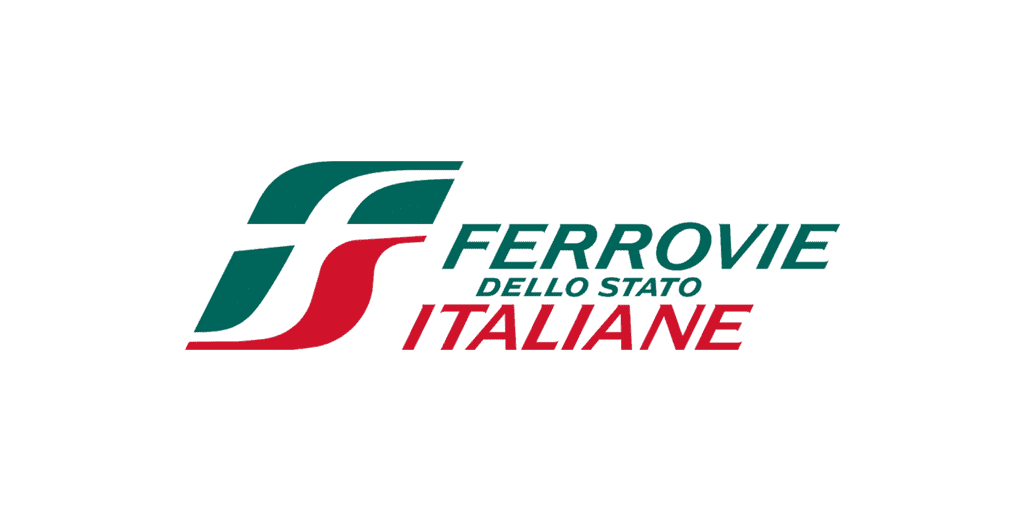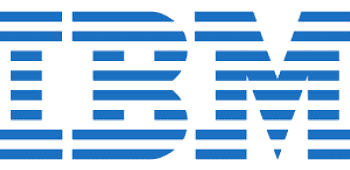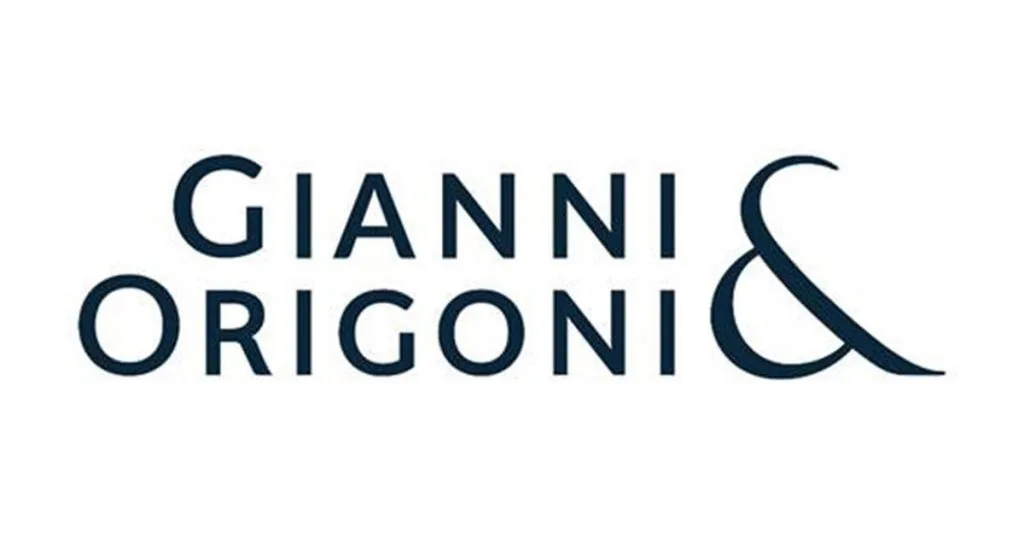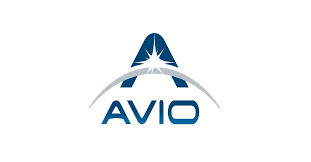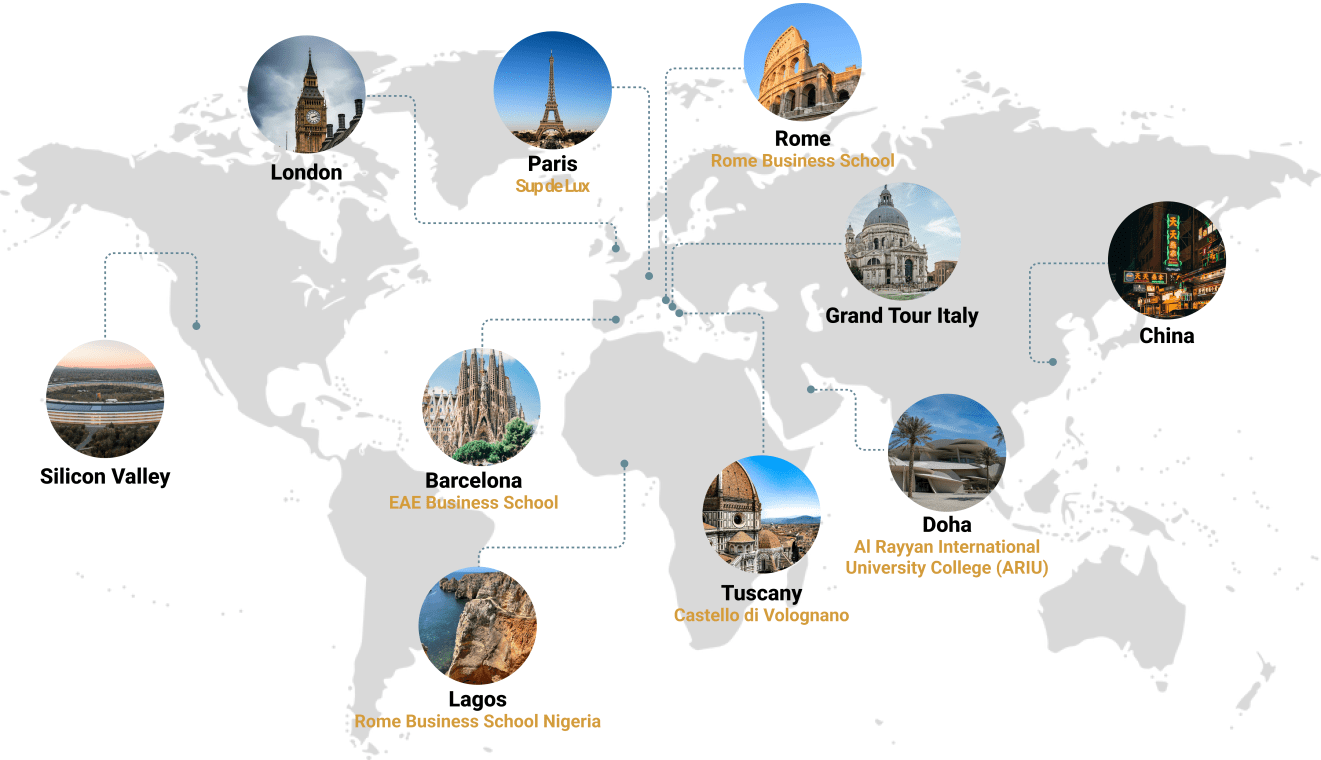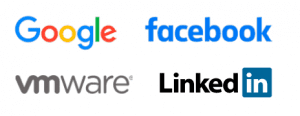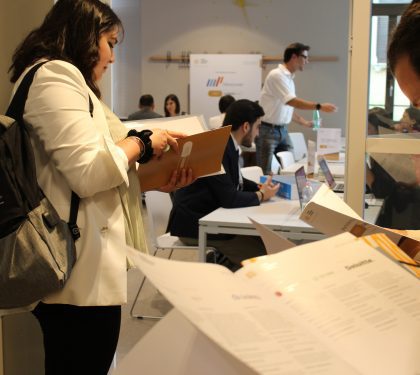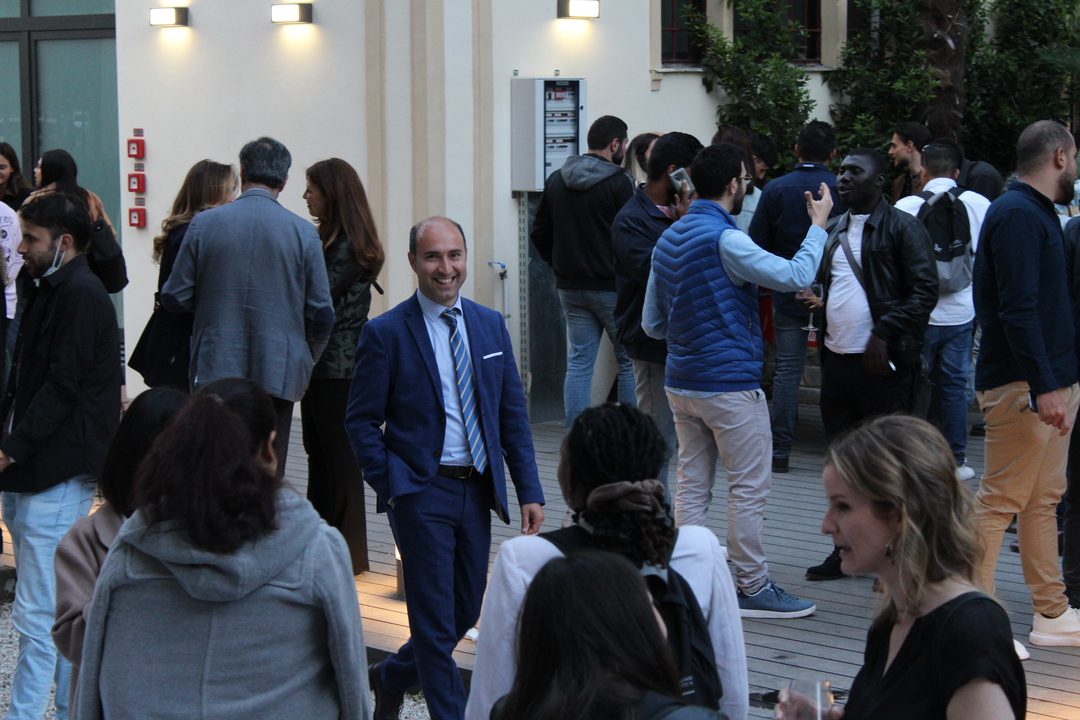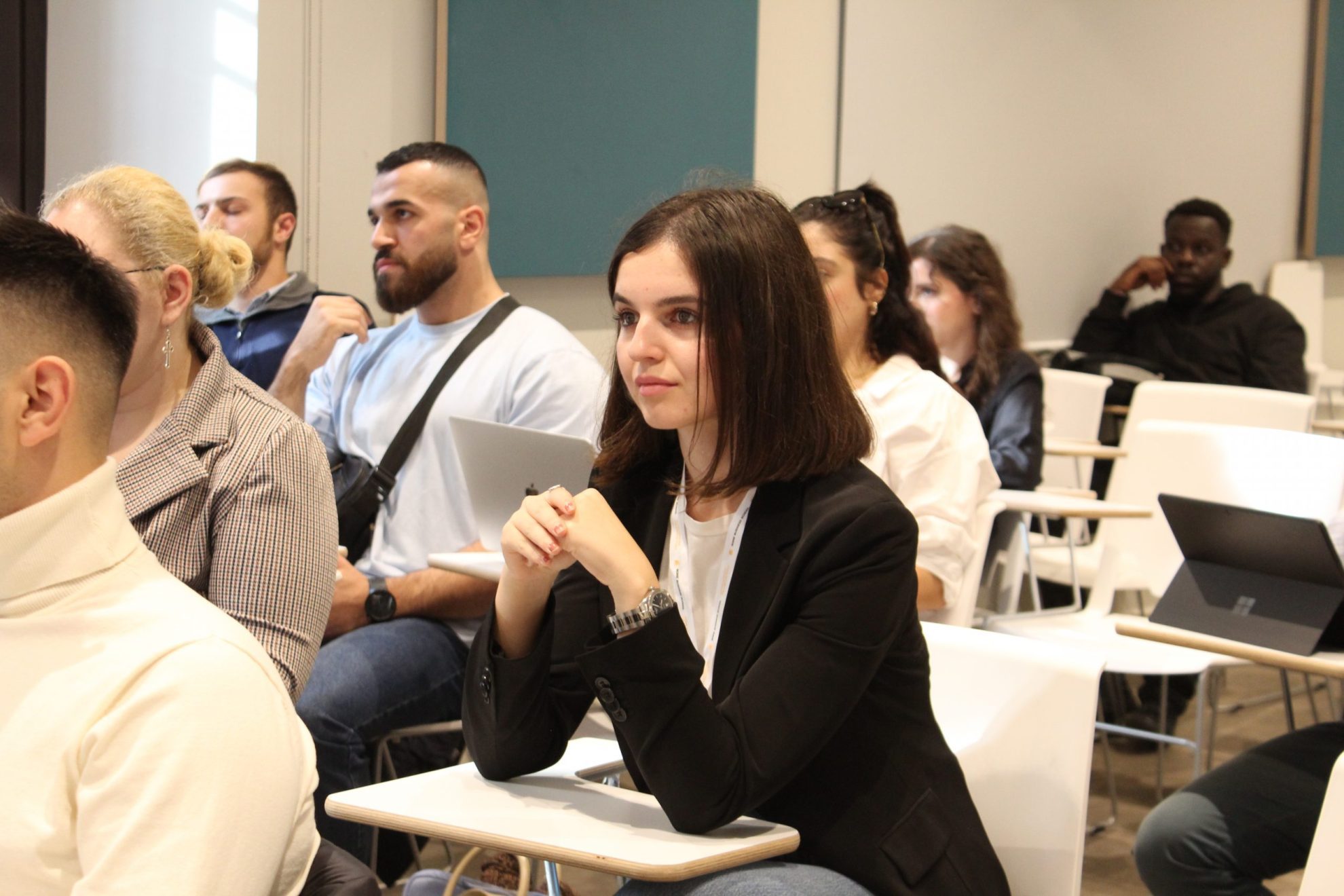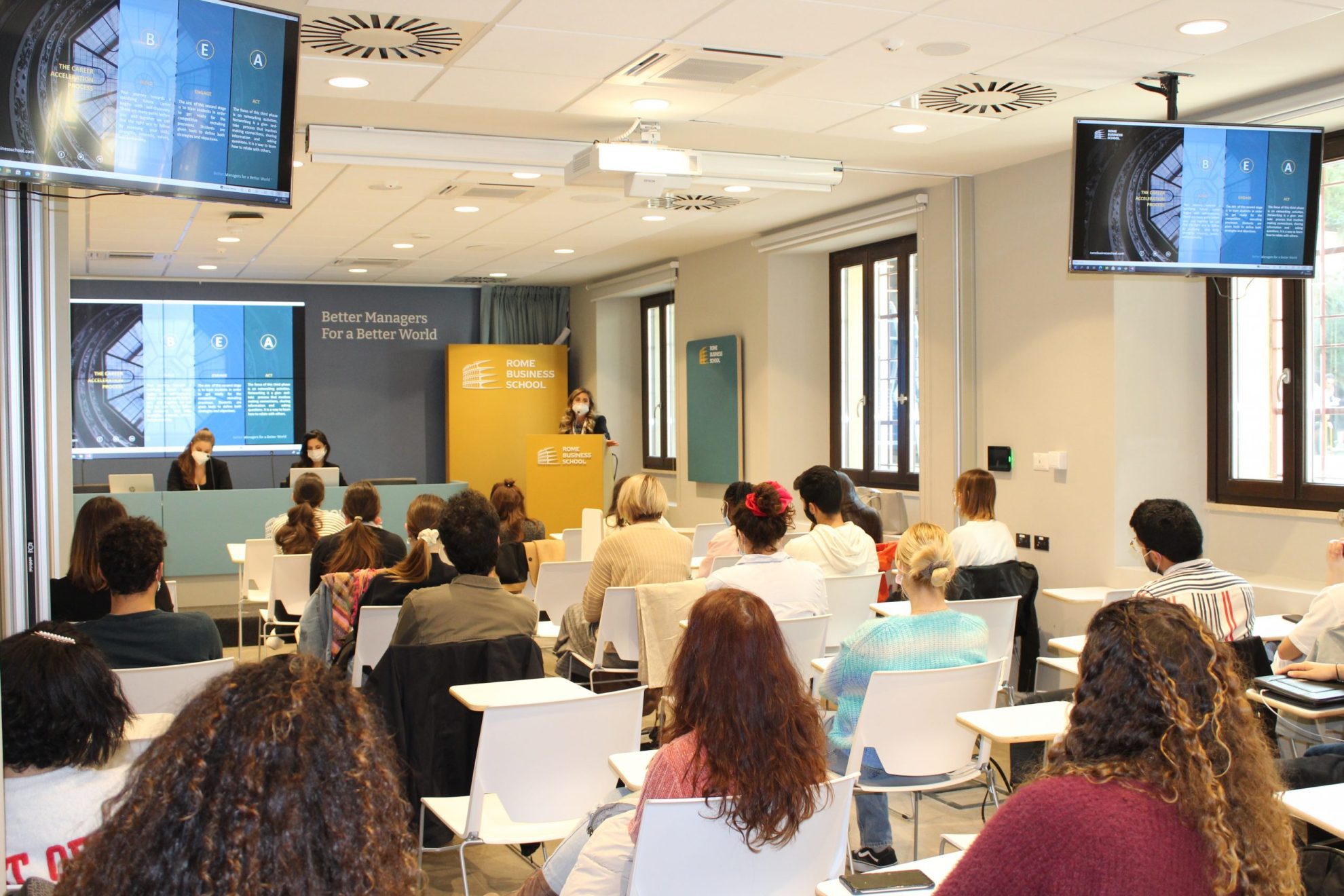During the first module of the International Master in International Business and Corporate Law, students will learn notions of:
- Managerial Economics
This module aims to prepare students by providing them with the essentials of entrepreneurship and business planning. - Entrepreneurship and Business Planning
With this module, the managerial skills required to understand a Business Plan and its structure will be developed. - Business Strategy
Through this module, students will know how to understand the long-term direction and strategy of a company, and will be able to identify the strategic business units of organizations. - Accounting & Budgeting
This module is aimed at students understanding the importance of financial management and control principles, with key indicators such as ROI, EBIT, GAAP. - Project & Operations Management
With this module, students will be able to manage projects, examine data and information, and have a diagnostic approach in solving problems. - Marketing: Traditional and Digital
Students will learn the application of marketing principles in organizational decision making. - Human Resource Management
This subject area focuses on strategic human resource issues such as workforce acquisition, development, motivation and retention. - Data Analytics for Managers
This course is designed to equip students with the basic knowledge needed to analyze and interpret large sets of data, to make effective business decisions and strategies.
During the second module, students will learn:
1) International Legal Frameworks and Systems
- Business Internationalization and Law
- Global Legal Frameworks and Systems
- International Economy
- International Capital Markets: Law & Institutions
2) International Trade, Investment and Markets
- International Trade Law
- Public International Law and EU Law
- International Economic and Financial Law
- Private International Law, Contracts and Employment Issues
- Bilateral Investment Treaties
- International Litigation
3) International Corporate Law
- Corporate Bodies
- SHA and SPA
- State-owned Company
- Privatization agreement
- M&A principles
4) Global Corporate Compliance
- Compliance Industries
- Environmental Compliance
- International Trade Compliance, Antitrust and Competition Law
- Anticorruption rules, Ethic code
- International sanctions
- DPO and Cyber Security
During the third module, students will explore:
5) Tech for Law
- Legal Design, A.I., machine learning
- Legal Tech and Legal Innovation
- Developing Smart Contracts
6) Better Managers for a Better World
- Sustainable Development Law: Practices and Prospects
- Human Right Protection
- Social clauses
- Business Ethics and CSR
The goal of Rome Business School is to develop future managers, entrepreneurs, and professionals who are ready to capitalize on the benefits of digitalization, go global, and have a positive impact on society.
Electives are ideal tools for students to improve their employability by focusing on high-demand skills.
- Electives assist students in carving out a niche for themselves and becoming more competitive.
- Electives expose students to courses they might not have encountered otherwise.
- Electives provide a one-of-a-kind curriculum that fosters life and career skills.
- Elective courses are organized in 5 main areas of interest:
- Innovation & Growth
- Tech & Digitalization
- Industry Business Excellence
- International Business
- Global Electives with RBS School partners
Soft skills are personal attributes that can influence relationships, communication, and interaction with others, which are critical for business success and effective leadership in the high-tech world and digital transformation in which we live. None of the new technologies and innovations can be applied without proper leadership.
The Leadership Program is a path of self-discovery, empowerment and reinvention, empowering participants to become leaders of the future. The program is practice-based and consists of 5 interactive courses, including a self-assessment test, role-plays and quizzes.
- Communication & Persuasion in the Digital Age
- Team Work Effectiveness
- Agile Leadership
- Negotiation & Conflict Management
- Emotional Intelligence

Rome Business School Practice Lab is the place where theoretical concepts are put in practice and participants learn through experience. The Lab is run by Enel S.p.A managers who will examine different specialist knowledge, work on exercises and network, while sharing their experience and expertise with the students. This Lab is entirely run by Enel S.p.A managers with whom you will create strategy to guide customer’s throught the customer’s journey of Enel S.p.A products.
The Global Trends lab consists of 2 virtual sessions:
Session 1: How to Find Sources to identify global trends. Deep dive into the global world trends shaping the world of today – guest speakers from UN, UNIDO, ILO. Examples of Global Trends:
- The Future of Work
- AI, Blockchain, and Technology
- The World in 2030 – Future Scenarios (UN, IMF, ECB)
Session 2: Understand the impact of global trends on businesses, and explore ways in which businesses can adapt and transform based on future trends and forward-thinking strategies.
You will have the opportunity to exhibit your abilities at the end of the course by tackling a real-world business challenge. Utilize your skills to find chances and create a truly inventive plan.
Face a real-life business challenge. You have the option of working in a small group, developing an internet sales plan, or developing a loyalty programme for different generations.
Two case studies from two real firms will be assigned to you to put your master’s course knowledge to the test.

